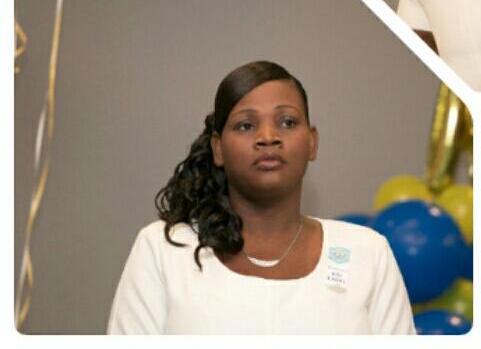Faculty of Nursing Sciences UNDH (P-AU-P)
On behalf of the entire team of the Faculty of Nursing Sciences of the University Notre Dame Haiti, I thank the entire UDH Health Coach Team and can’t emphasize enough how important this was for our Nurse Teachers.
Thank you Mr. Alix Siméon for this training which the UNDH nurses have benefited from thanks to your determination. Today is a day of joy and appreciation for all the efforts made to complete this training.
Congratulations to all those who participated in this program and more specifically to the three UNDH nurses who passed all the modules. My dear colleagues today you are rightly savoring your hour of glory because you have prepared and worked for it. Congratulations!
As a Nurse Educator and Dean of a Faculty, I can tell you that at a certain point in your career, passing on your knowledge becomes second nature for some health professionals. One then becomes useful as a trainer to other health professionals. This is the case for nurses who teach. Indeed, transmitting one’s knowledge requires specific skills, mainly in terms of pedagogy. It is undeniable that the trainer must have a certain appetite for teaching in order to be successful. It’s also important that they have several years of experience in different fields to have a solid knowledge of the profession and its nuances. Hence the importance of this training organized by UDHHC. They offered participants the opportunity to reflect on their own practices in order to assert themselves in their role as a referent, whether in front of their colleagues or students. Clearer with the pedagogical foundations useful for supporting students, the practitioner trainer brings real added value to develop his entire team towards meaningful support practices. Knowing that currently in our various training institutions:
- On the one hand, there is a severe lack of continuing education for executives working in the field of health.
- On the other hand, the digital space represents a significant asset for training; however, its lack of human interaction is a weakness, making it less attractive for teachers and students.
So, I can say that this training makes it possible to underline two essential elements in the future of the profession and the training of nurses. One, being the necessary implication in the research of the profession and, the other being a reconsideration regarding the role of the trainer as orienting more towards a posture of accompaniment.
All our gratitude to UDHHC for having put a mixed team of recognized trainers to help in the training of nurses.
Thanks!

Esther JOSEPH MSN, RN Dean Faculty of Nursing Sciences / UNDH



